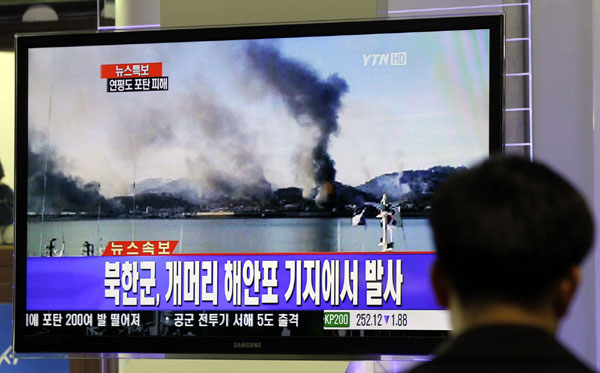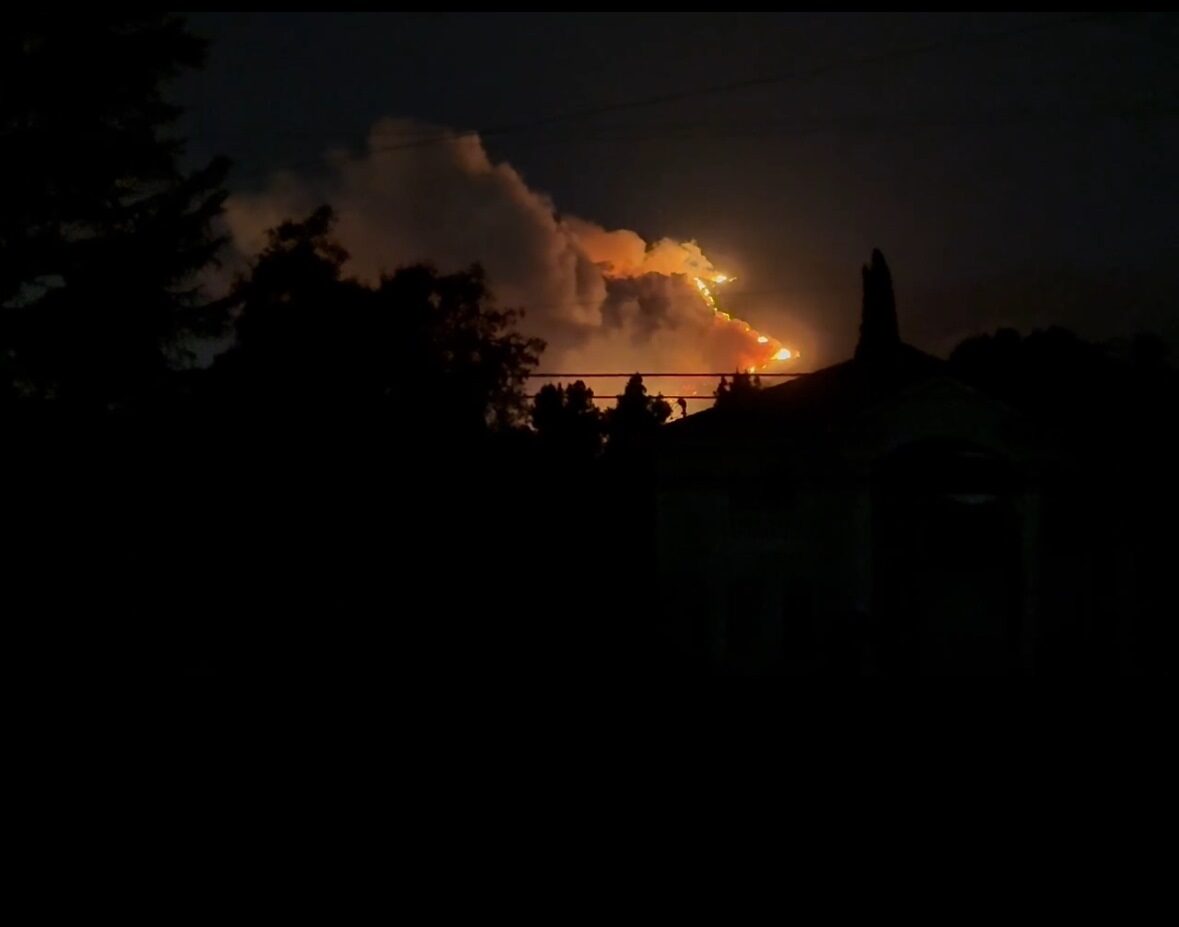Some would say North Korea is still a huge threat, while others would say they are just bluffing for the sake of humanitarian aids. North Korea has remained controversial ever since its establishment during the 1940s. What started as a communist nation has now ended up becoming one of the world’s poorest countries with limited human rights under a brutal dictatorship.
Interestingly, the media’s and people’s perspective and reaction towards North Korea differs, depending on the viewer’s nationality. The general public and media of the United States regard North Korea as a serious threat to their national security.
The U.S. media’s broader coverage is shown by the specific coverage of North Korea’s missile experiments; unlike South Korea, news sources in the United States tend to cover every single missile experiment or even small threats by North Korea, which are sometimes ignored or uncovered by South Korean news sources. At Webb, students from the United States often express concern about North Korea. When asked about his opinion towards North Korea and Kim Jung Un, Alex Oei (‘18) said, “I’m afraid because I’m not sure if he’s bluffing or not; although he never directly launched missiles towards mainland US, Kim definitely showed aggression through different means like testing missiles. I’m also worried about how he would interact with our current president.”
However, the South Korean attitude towards North Korea is different from the United States. Unlike American news sources, news sources from South Korea do not cover every single experiment and threat from North Korea. The main reason is that the majority of the South Korean population is accustomed to threats from North Korea; because North Korea has threatened South Korea so many times, the South Korean public tend to ignore such threats.
When the threat seems serious enough for coverage, the South Korean media will cover the event in much more detail than the United States. For instance, during major provocations such as the sinking of ROKS Cheonan, which resulted in the death of 46 seamen, all major media sources immediately sent out headlines and followed up with reports that were much more detailed than the reports of United States media. The case of the bombardment of Yeonpyeong Island is a clear example of how South Korean media sources are able to cover North Korea’s threat with swiftness. When the island was bombarded by North Korean artillery, South Korea’s major news sources immediately reported the situation as breaking news. The fastest news source was MBC; MBC sent out a subtitle covering the event 8 minutes after the shelling. It is the geological proximity and the sharing of the same language that increases the availability of information regarding the issue of North Korea to the South Korean news sources, and such factors lead to detailed and faster coverage of the issue compared to the United States news sources.
During the Cold War, North Korea was perceived as a serious threat for South Korea and the U.S. In fact, unlike current circumstances, North Korea was more prosperous than South Korea economically throughout most of the Cold War. According to Economist Nicholas Eberstadt’s book Policy and Economic Performance in Divided Korea during the Cold War: 1945–1991, North Korea was clearly more urbanized than South Korea until the 1970s, and they outperformed South Korea with heavy machinery and shipbuilding until 1988.
Nevertheless, ever since the 1990s, North Korea has become a failed state. Instead of concentrating on the people’s lives, the regime became obsessed with investing a huge portion of their national budget to military and missile development. Eventually, the Gross Domestic Product (GDP) gap between North Korea and South Korea became so huge that the majority of South Koreans are now negative about reunification, as they worry about the economic impact that would result from reunification.
Despite their futile economy and inefficient government, North Korea is still able to threaten South Korea and the United States because of the wild card they possess: their nuclear warheads and missiles.
Whether or not they are bluffing, North Korea affects lives of many people, even those of Webb students. Students from South Korea are subject to mandatory military service that could last up to 2 years, depending on the type of military force they decide to serve for. Although we hope for reunification between the two Koreas, the sad truth is that peace seems impossible in the Korean peninsula.















